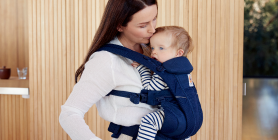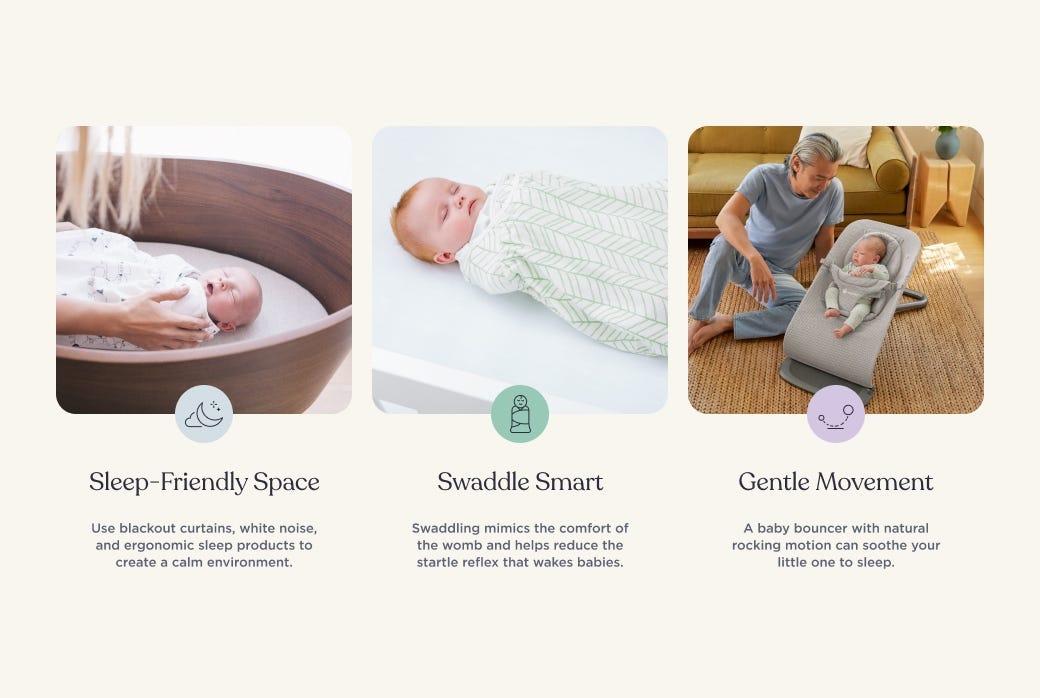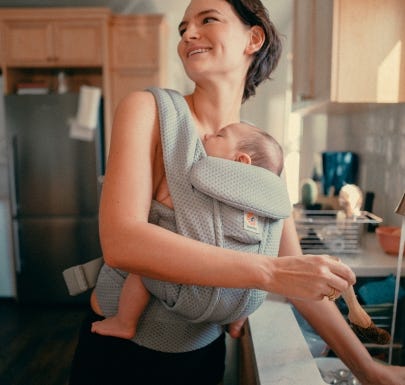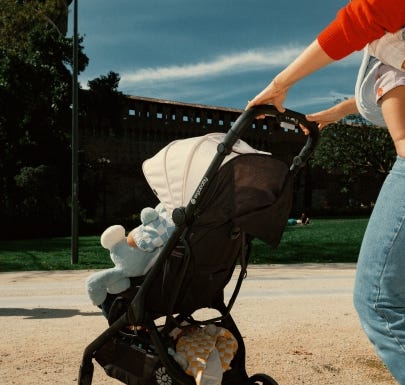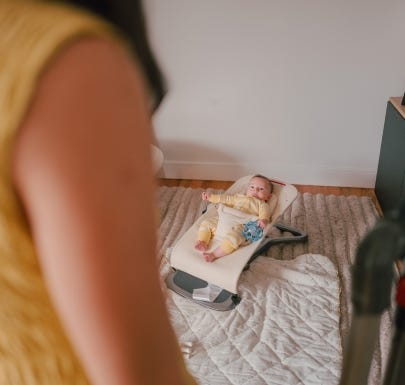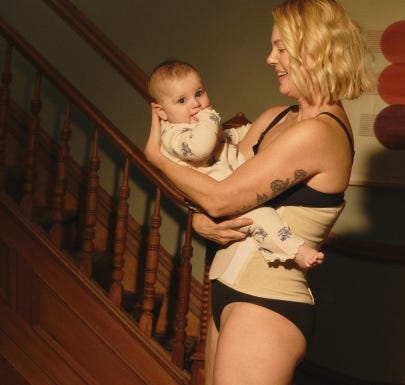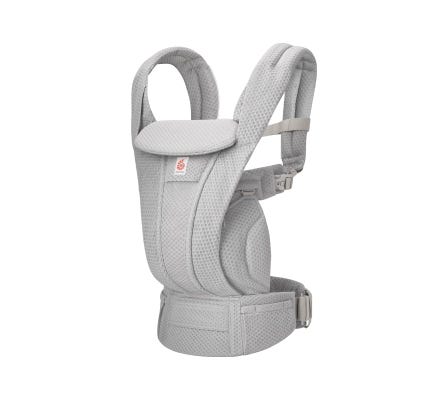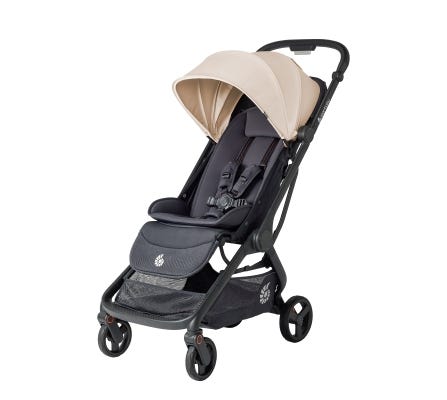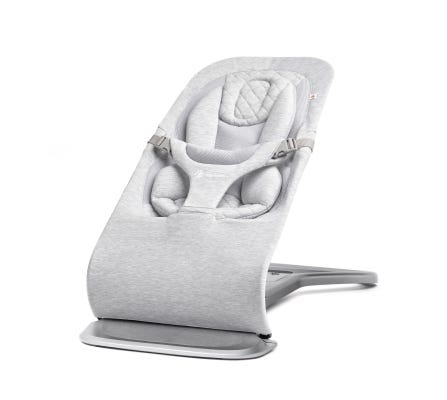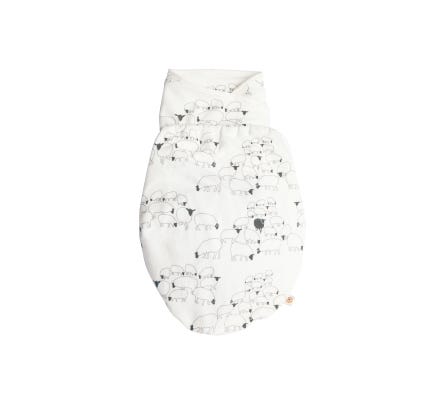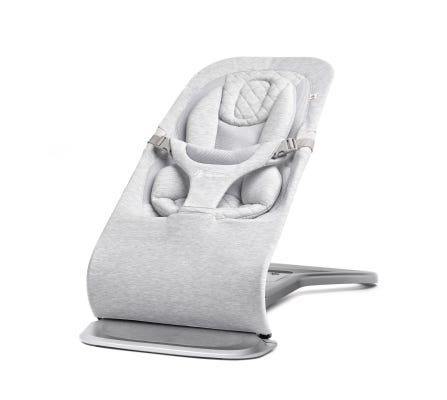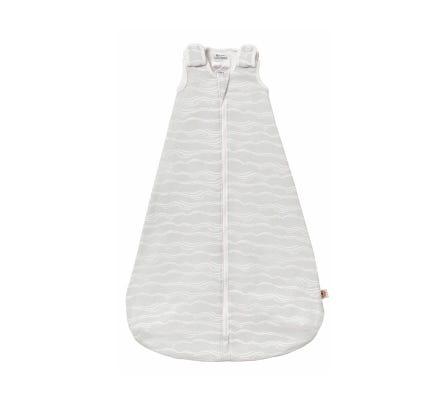Mental Health

Postpartum Essentials that Keep Moms Moving Forward
Steps to bring postpartum support closer.
Parenthood is life-changing—and the postpartum journey can be as overwhelming as it is beautiful. Understanding postpartum and even perinatal mental health is an important piece of your new life as a parent. Let us help you find your rhythm, connect with your baby, your partner, and yourself, and make space for the joys of this new chapter.
Navigating Postpartum with Grace
Both Joy and Challenge Are Part of the Journey
The postpartum period is filled with highs and lows, and it’s okay to feel both at once. From sleepless nights to heartfelt firsts, you deserve tools and support to help you adjust while taking care of your mental and emotional well-being.
Postpartum Mental Health FAQs
The questions you have. The answers you deserve.
plus-circle
How can I bond with my baby when I feel so tired?
plus-circle
What’s the best way to maintain connection with my partner?
plus-circle
How do I carve out time for myself?
plus-circle
How do I know if I have a postpartum mood disorder?
Finding Balance During Postpartum


Connection is Key
Get the postpartum mental health support you need with the help of products you can trust.
- With Your Baby: Baby carriers make skin-to-skin contact easier, deepening your bond and soothing your little one.
- With Your Partner: A lightweight stroller turns simple outings into moments to nurture your relationship.
- With Yourself: A baby bouncer provides a safe space for your baby, so you can take the time to breathe, meditate, or simply rest.

Featured Products for Your Postpartum Journey
Essentials to Help You Thrive
Featured Products for Better Sleep
Sleep Essentials to Save Your Nights
Start Your Journey with Confidence
The Tools to Help You Find Your Balance
Postpartum is full of transitions, but you don’t have to navigate it alone. Ergobaby’s products are designed to support your bond with baby, nurture your relationships, and make room for self-care—all while giving you confidence in your parenting journey.





















